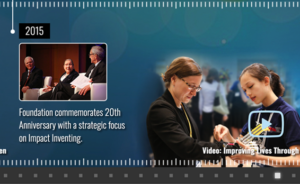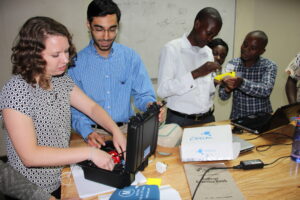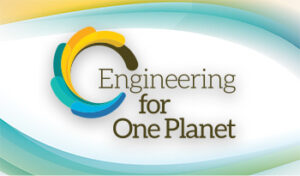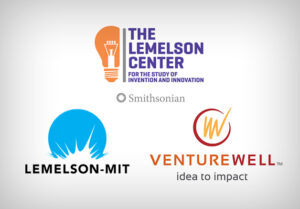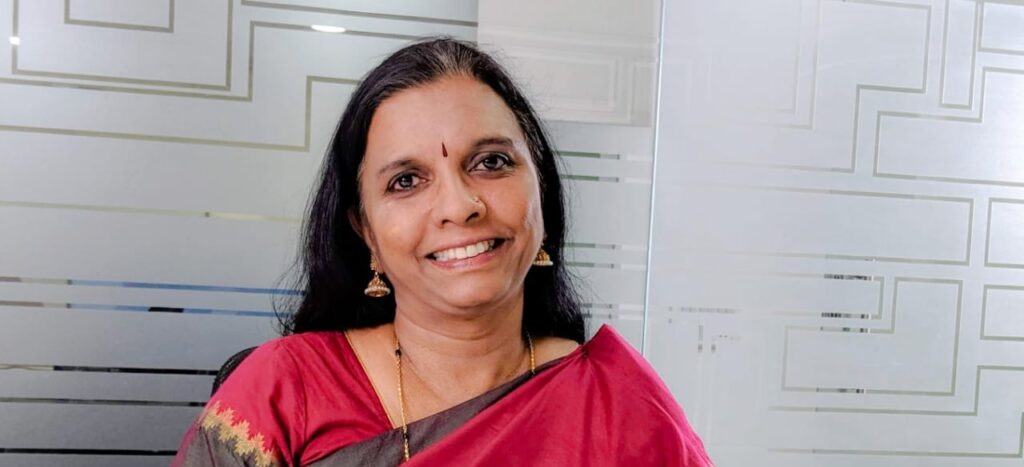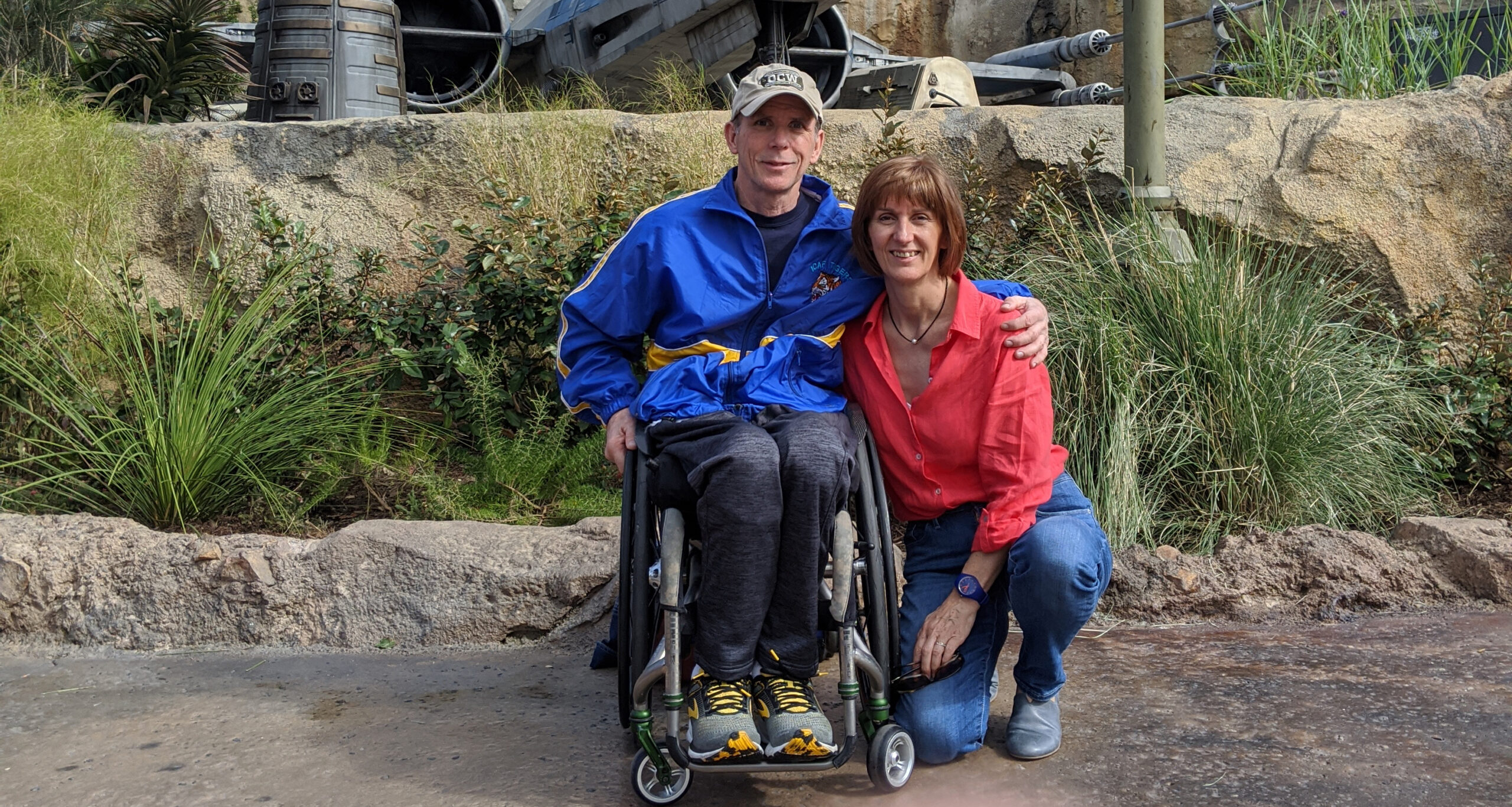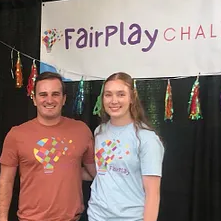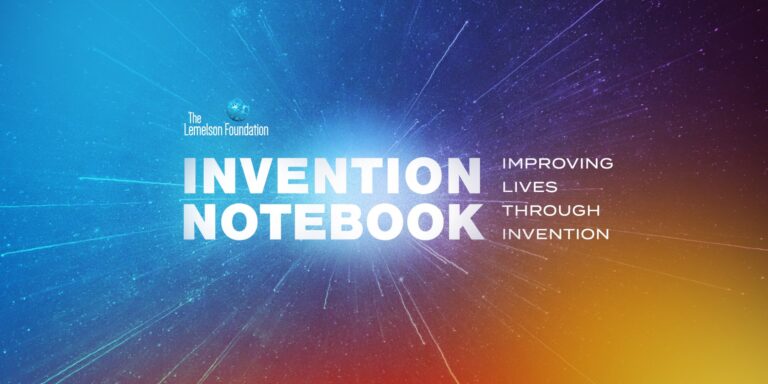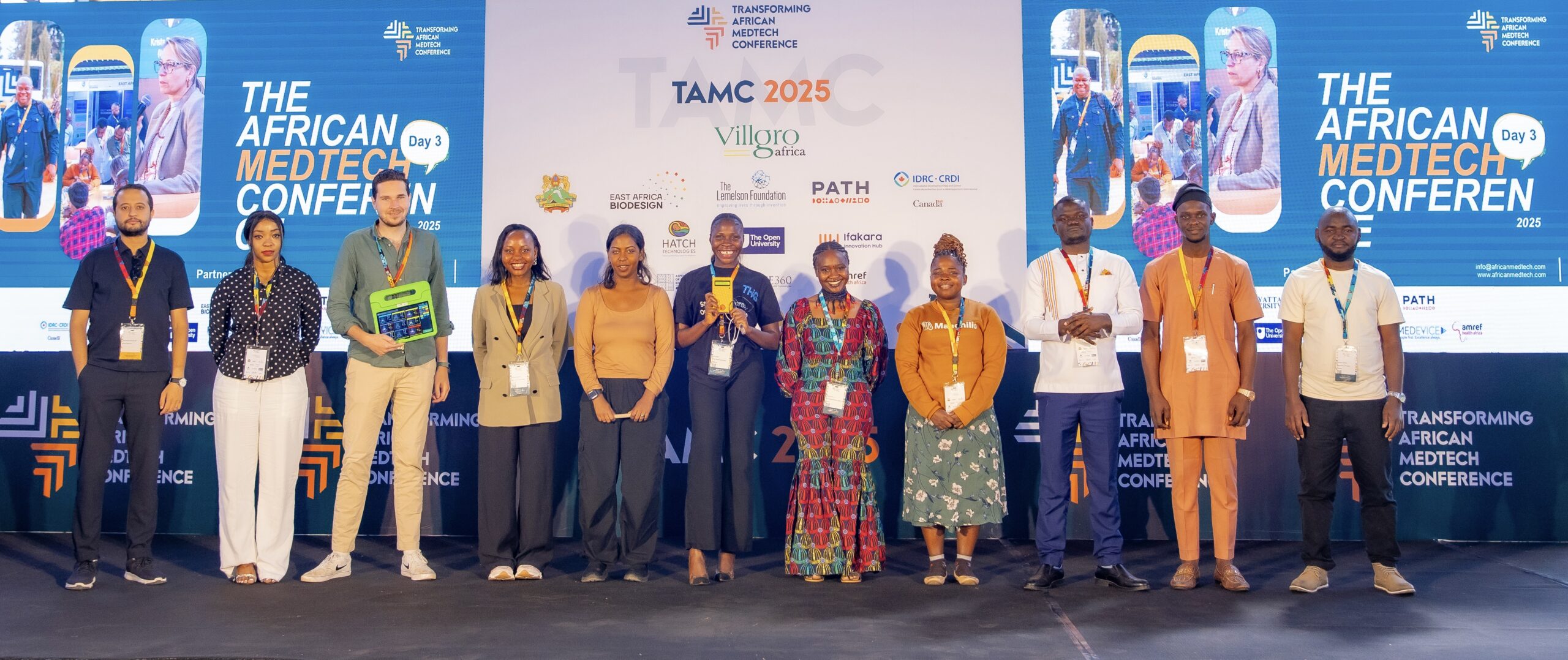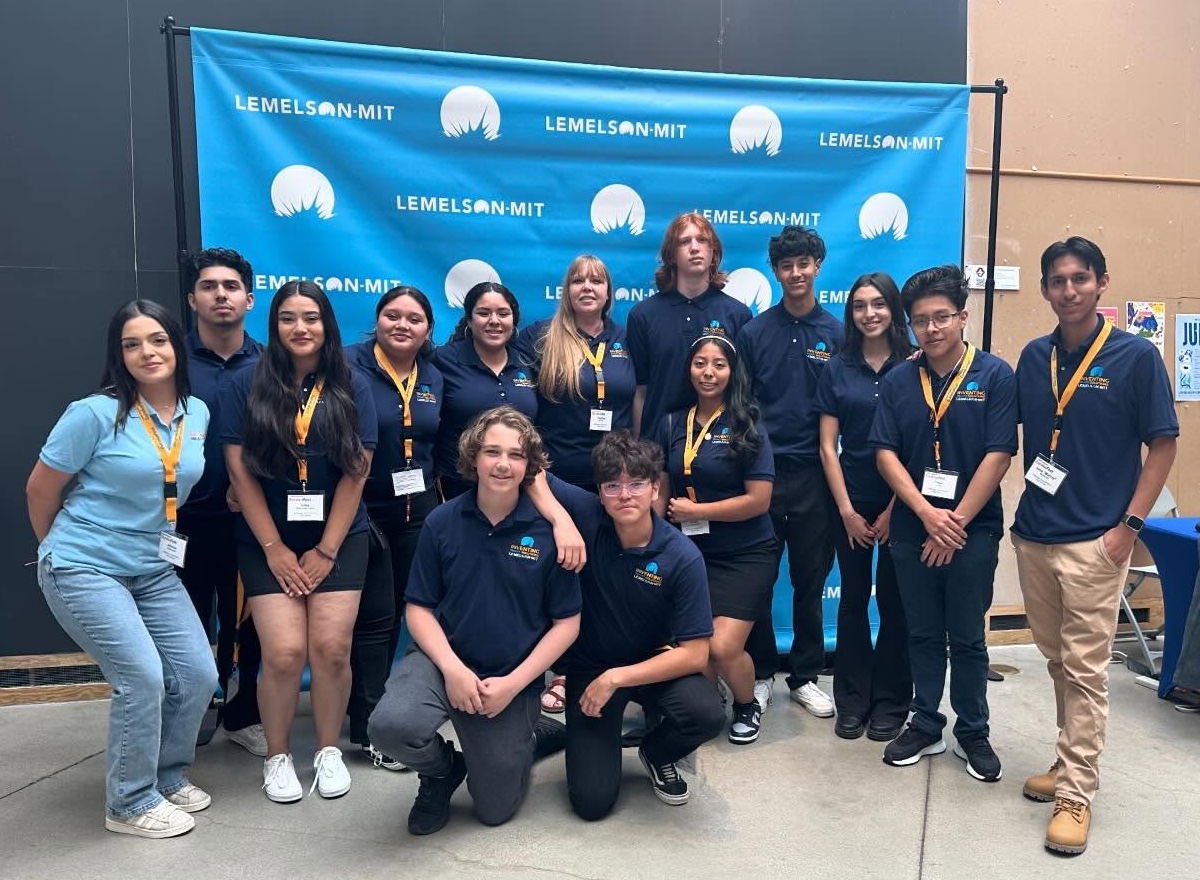The Lemelson Foundation awards $706,000 grant for Oregon MESA


Gift will fund statewide program addressing critical need for invention and STEM education
Portland, OR–The Lemelson Foundation has awarded a grant totaling $706,000 to the Portland State University Foundation to support Oregon MESA’s (Math Engineering Science Achievement) statewide invention education activities that build on science, technology, engineering and mathematics (STEM) skills. The new grant expands the work of the MESA program to help underserved youth pursue math-based higher education and STEM-related careers by providing a proven mix of pre-college academic, hands-on experience, and mentoring opportunities for K-12 students. This work is vital to the continued growth of Oregon’s innovation-led economy and efforts to ensure that all Oregonians can share in the state’s growing prosperity.
“The Lemelson Foundation’s expanding partnership with Oregon MESA represents our deep commitment to invention in our home state,” said Carol Dahl, executive director of The Lemelson Foundation. “MESA’s work is critical to advancing invention education. It gives young people more creative confidence, unleashes their thinking about ways to advance positive change, and maximizes their personal potential. That leads to a smarter, stronger Oregon.”
The Lemelson Foundation grant gives a significant boost to Oregon MESA’s mission of increasing the number of underserved populations in STEM-based employment, a cornerstone for invention and innovation. Both The Lemelson Foundation and Oregon MESA understand that the key to preparing a 21stworkforce is a strong basis in STEM, combined with the ability to identify real-world problems and turn ideas into meaningful solutions.
The Need for Invention Education and STEM Skills Oregon
Students from underserved communities in Oregon lag behind in their exposure to invention education and STEM, making them less likely to pursue related university degrees and careers. The gap is even more pronounced for girls and underrepresented minorities.
- In 2013-14, only 50% of economically disadvantaged high school students met or exceeded benchmarks compared to 62% of all Oregon students.
- African Americans, Hispanics, Native Indians and Alaska Natives earned only 6% of science, engineering, math and technology degrees in 2013 in Oregon, though they comprise 10% of all graduates and about 15% of the population.
- Women comprise 60% of all 2013 Oregon college graduates, but only make up 39% of graduates in science, engineering, math and technology programs.
These populations are missing important opportunities to share in the excitement and prosperity of Oregon’s burgeoning technology sector. According to the Technology Association of Oregon, the state’s technology industry has been the most productive in the US in terms of GDP for the past decade, and wages for workers in the technology industry are double the state’s average. The economic vibrancy of Silicon Forest and similar industry clusters was built by the kind of innovative talent and skills that Oregon MESA helps foster.
“The impact of The Lemelson Foundation’s grant in fostering invention through greater access to science, technology, engineering and mathematics (STEM) is tremendous,” said David Coronado, executive director of Oregon MESA. “Thanks to the generosity and vision of the Foundation, Oregon MESA’s mission of creating education and career success for underserved students is more powerful than ever.”
Solution
The new grant will allow Oregon MESA to expand its reach to different parts of the state and build opportunities for students to participate in invention and STEM-based activities during the school day. The Lemelson Foundation, a long-time partner of Oregon MESA, has awarded the grant in recognition of MESA’s strong track record of success.
“Oregon MESA’s curriculum gives these students hands-on experience to create the inventions of tomorrow and the creative confidence to identify and tackle the world’s most challenging problems,” said Rachel Jagoda Brunette, Oregon regional program officer for The Lemelson Foundation.
Portland State University (PSU) launched the local MESA chapter in 1985 for the purpose of encouraging greater levels of STEM education, college graduation, and career participation from underserved students. Since that time, Oregon MESA has helped thousands of underserved youth, particularly minority and female students, achieve academic excellence, attend college, and progress on to STEM-related careers.
Based in PSU’s Maseeh College of Engineering and Computer Science, Oregon MESA now serves thirteen middle and high schools throughout the Portland Metro area, and has recently expanded to four schools in the Salem-Keizer School District. Oregon MESA delivers a 25-year track record of 98% high school graduation and 92% college continuation rates for participants.
PSU also hosts MESA Day, an annual highlight of the program. MESA Day is a statewide competition designed to foster engineering, math, and science innovation by having students tackle a complex but concrete social problem. For last year’s challenge, students had to build a prosthetic arm design. This year’s event is slated for May 15, and finalists will proceed to the national competition to be held in Utah this summer.
“PSU is the most diverse university in Oregon, but we need to encourage more students of color to pursue careers in the science and technology sectors,” said Portland State University President Wim Wiewel. “The Lemelson Foundation recognizes that need and I’m glad to see them support our partners at Oregon MESA.”



